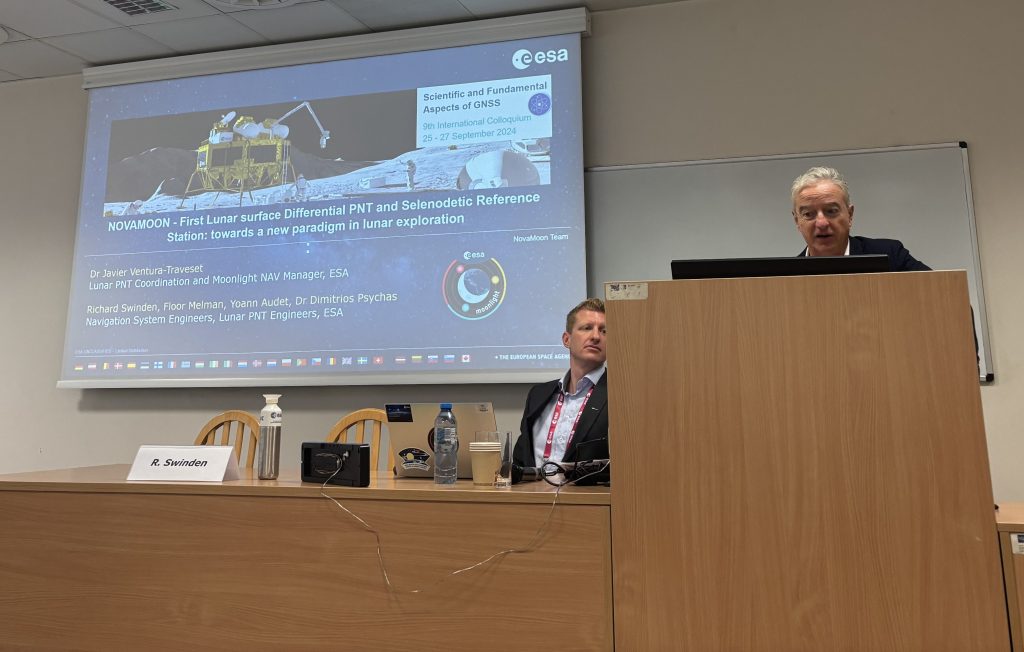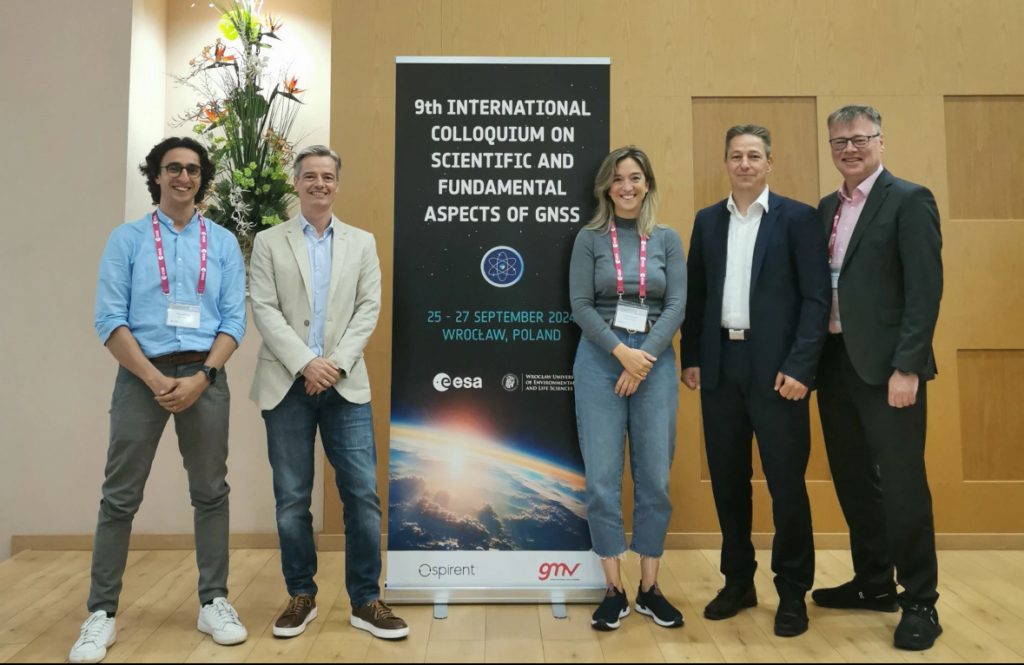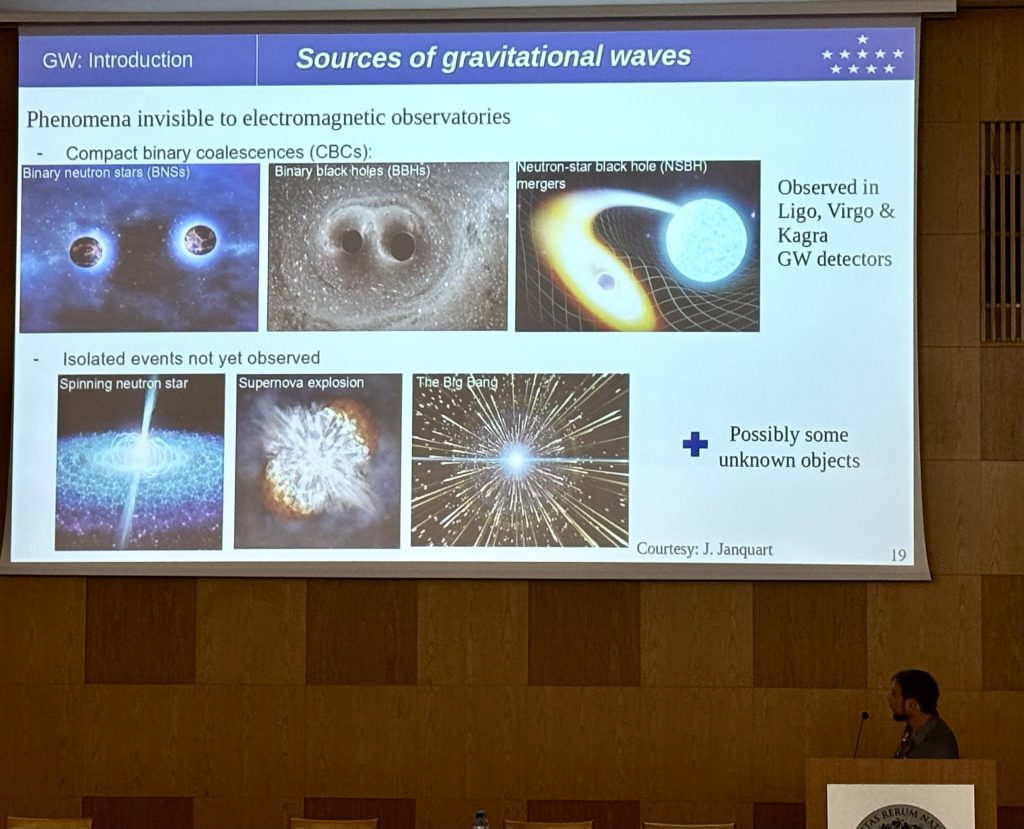
The 9th GNSS Science Colloquium Concludes with Key Advances in Space Navigation and Scientific Exploration
From September 25th to 27th, 2024, the city of Wroclaw, Poland, hosted the 9th International Colloquium on Scientific and Fundamental Aspects of GNSS. This prestigious conference brought together leading scientists, engineers, and policymakers to discuss the latest advancements in satellite navigation, focusing on both terrestrial and space applications. The event was co-chaired by Dr. Javier Ventura-Traveset of the European Space Agency (ESA) and Prof. Krzysztof Sośnica of Wroclaw University of Environmental and Life Sciences.
The opening session featured remarks from Michal Doligalski on behalf of the Polish Ministry, and Prof. Dr. Szymon Szewrański, Vice-Rector of the University for Socio-Economic Relations, who emphasized the importance of satellite navigation technology for scientific innovation and socio-economic growth.
The Colloquium’s primary objective was to foster discussion on the most cutting-edge scientific aspects of GNSS. In line with this goal, several technical sessions were held, addressing key topics such as:
- Scientific Aspects of Positioning and Navigation Applications, focusing on GNSS-based innovations for Earth and space.
- Reference Frames and Precise Orbit Determination, crucial for enhancing GNSS accuracy.
- Time and Frequency Transfer, Timing Aspects, Frequency Standards and Clock Technologies, a vital element for high-precision navigation systems.
- Navigation for Lunar and Space Applications: Systems and Technologies, a session of critical importance that introduced the ESA-led project Moonlight, and future ESA projects NOVAMOON and MARCONI, aimed at advancing lunar and martian navigation respectively.

A special session was also dedicated to the Scientific Aspects of the ESA GENESIS Mission, highlighting its role in contributing to fundamental research and technology development for future GNSS systems.

Other presentations covered topics such as Atmospheric Physics, Geodesy, Geophysics and Earth Sciences, and Fundamental Physics, reinforcing GNSS’s broad applicability across multiple scientific disciplines.

The 9th GNSS Science Colloquium successfully reaffirmed the role of GNSS as a cornerstone technology for scientific research and space exploration, with discussions and presentations that will shape the future of navigation systems on Earth and beyond.
The full set of presentations will be available soon at the conference webpage.


